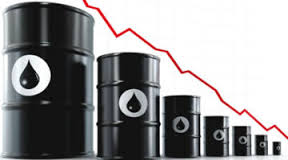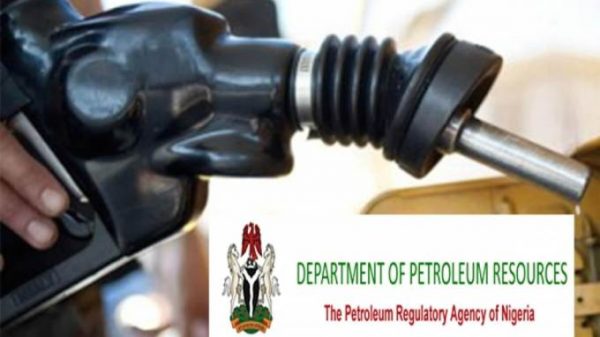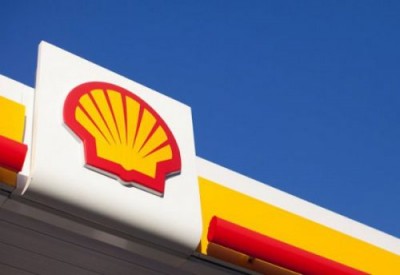JV Production Faces Further Decline Amid Oil Slump
 With the slide in global oil prices showing no sign of abating and further driving down the Federal Government’s receipts from oil sale, production from joint venture operations in the country looks set to continue its downward trend.
With the slide in global oil prices showing no sign of abating and further driving down the Federal Government’s receipts from oil sale, production from joint venture operations in the country looks set to continue its downward trend.
Production from joint venture companies including Shell, ExxonMobil, Chevron, Total, and Pan Ocean has over the past few years declined, partly due to funding constraints occasioned by the inability of the Nigerian National Petroleum Corporation to meet its share of cash calls.
The development has prompted joint venture operators to increasingly adopt alternative financing or modified carry agreement model.
Production from JV companies fell to 256.36 million barrels in 2014, down from a high of 722.80 million barrels in 2004, while production through alternative funding stood at 140.49 million last year compared to 173.01 million barrels in 2011, according to the NNPC’s latest annual report.
The nation’s oil and gas production structure is majorly split between joint venture with NNPC onshore and in shallow water, and production-sharing contracts in deepwater offshore.
There are several joint ventures between the NNPC and International Oil Companies, including Shell, ExxonMobil, Chevron, Total and Eni.
The NNPC owns between 55 per cent (for JVs with Shell) and 60 per cent (for all others) and the JVs are jointly funded by the oil majors and the government through NNPC.
Cash calls are requests for payment for anticipated future capital and operating expenditures, sent by joint venture operators to non-operating partners.
An analyst for Oil and Gas Africa at Renaissance Capital, Temilade Esho, said the issue of accumulated NNPC receivables remained the main challenge for the JV producers.
According to her, the NNPC owes Seplat Petroleum Development Company Plc about $500m in receivables and owes the entire industry about $5bn.
The inability of the NNPC to meet its cash call obligation to joint venture partners has now been exacerbated, as the government’s revenue continues to take a beating from the sustained fall in oil price.
On August 3, Brent crude, against which Nigeria’s oil is priced, plunged below the $50 per barrel mark, for the first time in six months. It traded around $48.61 per barrel last week.
Oil prices have recently shown signs of stabilising, with Brent trading at $68 per barrel in May, after losing about 60 per cent of its value between June 2014 and January this year. It reached a peak of $115 per barrel in June last year.
Total government equity crude sales that used to exceed $1bn has declined to an average of about $460m, below the calendarised JV cash call budget at approximately $600m a month, the now immediate past Group Managing Director of the NNPC, Dr. Joseph Dawha, said at an industry conference on August 4.
He said, “This has imposed severe funding challenges for JV operations in the upstream. With an average JV cash call budget of about $600m a month, the precipitous drop of earnings from government’s crude to an average of about $460m potentially presents an annual underfunding of $1.8 to $2bn.
“This comes at a time when even the cash call budget has remained at the same levels in the last decade. Managing this funding uncertainty is our most immediate challenge and innovative financing approaches are currently being reviewed to address these funding shortfalls.”
BMI Research said global benchmark crude Brent would not recover until 2018, revising down its forecast for Brent.
It said, “Oil prices will remain anchored until 2018. The return of Iranian oil to market, coupled with strong project pipelines in North America, the Middle East, West Africa and Kazakhstan, will see global supply growth outstrip the growth in global consumption for the next two years.
“A rising overhang of crude will maintain downward pressure on Brent and we have downgraded our average price forecasts to $56.0 per barrel and $55 for 2016 and 2017, respectively, compared to an average of $57 in 2015.”







